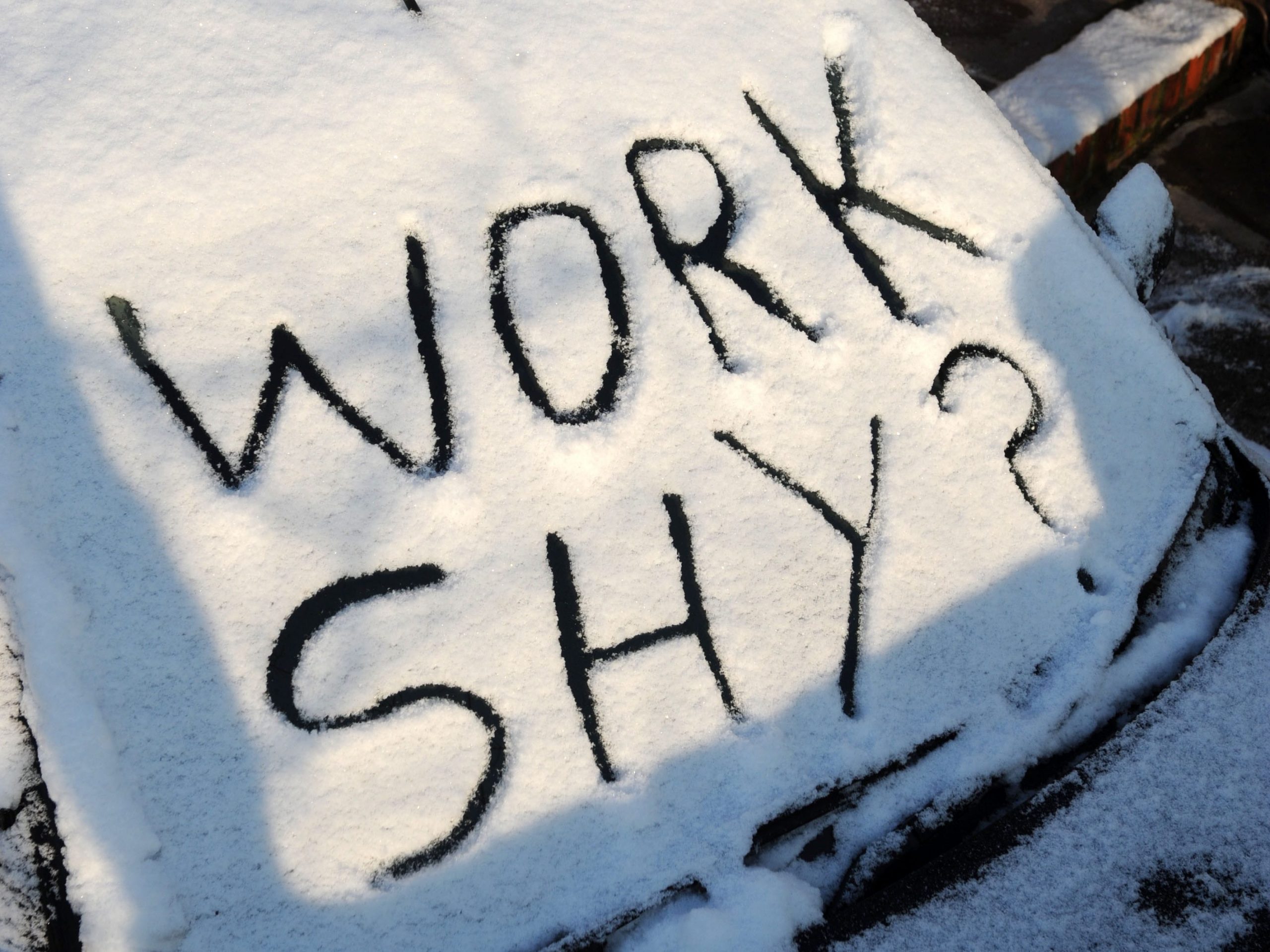How rising costs are pricing students out of education.
The spiraling cost of living is forcing Kingston University students to miss out on lectures as they are having to work more to support themselves.
A recent opinion poll commissioned by The Sutton Trust and The BBC found one in eight students in universities around the UK are skipping classes in favour of paid work as rent and food costs rise.
Another poll, commissioned by Savanta ComRes showed 24% of students had missed a deadline or had to ask for an extension on a deadline because of having to take on more paid work in the last year.
Jessica Melrose Baden, a second-year education student at Kingston said she has been forced to miss numerous lectures and placement hours because, after an £125 monthly rent increase in September she is having to work longer hours.
“It’s stressful and anxiety provoking because I can never focus on one thing at a time. As much as I want to excel and dedicate myself to my degree, I have to eat and pay my bills.
“Lectures just don’t take priority when I’m facing rent hikes and massive bills.”

Students who have full or part time jobs are amongst the lowest paid workers in the UK, meaning now many students are juggling multiple jobs alongside a full-time degree course.
The impact of this on students emotional and physical wellbeing is unprecedented.
Alex (not his real name) a third-year psychology student at Kingston said: “I’m never out of my overdraft these days and the anxiety of not being able to eat or pay my bills is terrifying.”

Research conducted by Student Minds in summer 2022 showed that money is the causing 51% of students severe anxiety, above studying and exams (45%) or loneliness (36%).
With constant price increases, many students are working all the hours possible in order to simply break even, with some living in debt facing the added anxiety of overdraft payments and loans.
“If I were to attend all of my lectures and timetabled sessions, I wouldn’t be able to work as many hours and right now, simply affording an existence is hard enough. I’m scared and I’m in debt despite working so much that I’m constantly exhausted,” said Alex.
The government has provided £15m in extra funding to English Universities which they can use in addition to existing hardship initiatives.
Kingston University has received a portion of these funds which will be distributed to students who are most in need through the student support funds including the new Back on Track fund, designed to address short-term financial problems.
A Kingston University spokesman said: “Students experiencing financial difficulty should get in contact with our friendly money advisers, who can offer help and support.”
Student loans will rise by 2.8% this September, in response to pressure from the Nation Union of Students (NUS), but 58% of students receiving a maintenance loan in the UK say that it is not enough to cover costs like rent and food.
With inflation now at 10%, the NUS is continuing their cost of living campaign calling for an increase in student loans that corresponds with the current rate of inflation alongside a tailored support package.

